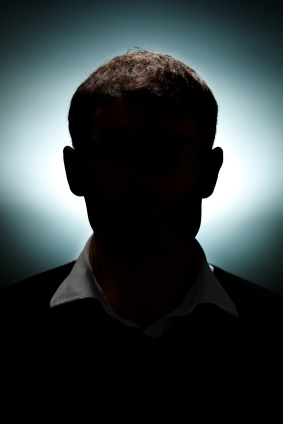Right of Publicity on FindLaw

FindLaw The Right of Publicity
A separate issue from copyright, which protects the creator of the video or photo, is the right of publicity, which protects the subject of the content. Right of publicity laws protect people from the unauthorized commercial use of their name, likeness, or identity. A majority of states have right of publicity laws (there is no federal protection for such rights), and they vary from state to state.
The right of publicity is balanced by first amendment issues. This means that if the name, likeness, or identity is used in the context of news, public affairs, or sports stories, there is no violation of a person’s right of publicity. In other words, if it’s a matter of public interest, first amendment rights trump a person’s right of publicity.
So, the posting of videos and pictures could be construed as violating the actor’s right of publicity (assuming you were making money off the site). But because stories and sightings of celebrities are arguably newsworthy in today’s society, your first amendment right to publish the information may outweigh the actor’s claim of a violation of his right of publicity. Applying right of publicity laws to commercial or fan sites is a new and evolving area of the law, and there are legitimate arguments on both sides, therefore you should be wary of this issue when posting such content.
The selling of the coffee mugs is a different story. You have no first amendment right related to selling coffee mugs. Because there is no first amendment protection, the actor would have an obvious claim to a violation of his right of publicity, as you are selling a product with his name, likeness or identity for pure profit.
Leave a Reply
You must be logged in to post a comment.